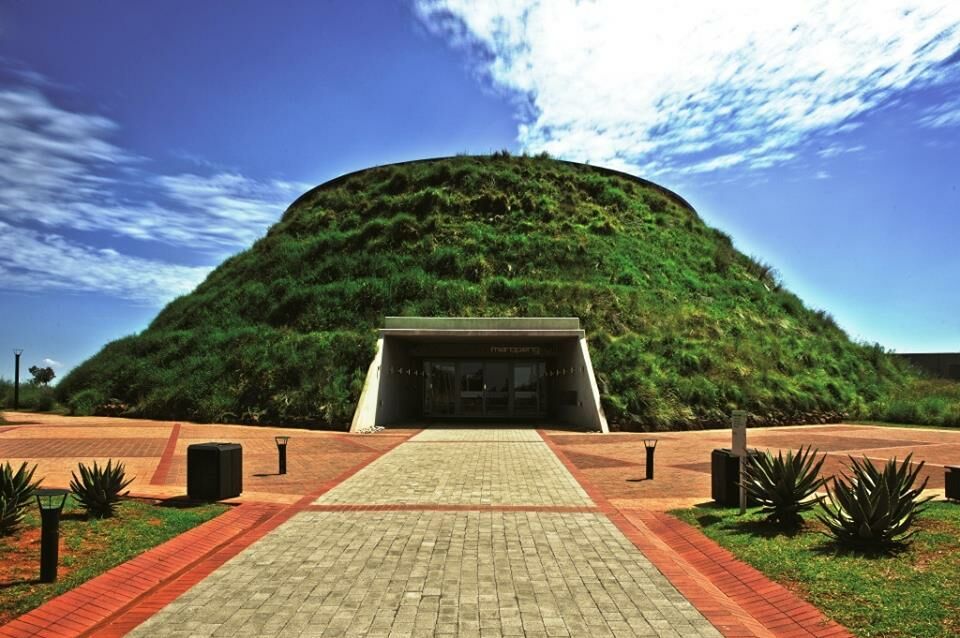Little Known Questions About Johannesburg North Attractions.
Little Known Questions About Johannesburg North Attractions.
Blog Article
Johannesburg North Attractions Fundamentals Explained
Table of ContentsSome Of Johannesburg North AttractionsSome Known Facts About Johannesburg North Attractions.9 Easy Facts About Johannesburg North Attractions Described7 Easy Facts About Johannesburg North Attractions ShownThe smart Trick of Johannesburg North Attractions That Nobody is Talking AboutJohannesburg North Attractions Fundamentals Explained
The city owes its location to the existence of a much more precious resource: gold. The city grew on the side of the Witwatersrand Key Reef, a below ground stratum of gold-bearing quartz-silica empire that arcs for thousands of miles underneath the Highveld. A lot of the gold mines in the city discontinued operation in the 1970s, however in its day the Witwatersrand gold industry made up greater than 40 percent of the world's yearly gold production.Johannesburg has a temperate climate. The city delights in regarding 8 hours of sunshine per day in both winter months and summertime.
What rain the city gets drops practically solely in the summertime months, usually in amazing late-afternoon electrical storms. Air air pollution poses a significant problem, especially in the winter months, when thermal inversions hamper the westward flow of air from the Indian Ocean. Contamination is most severe in the densely worked out Black municipalities on the city's periphery, where lots of citizens still depend on coal for fuel.

The Johannesburg North Attractions Statements
The equilibrium of the city is occupied by whites. Accommodation differs in character and top quality.
Physical growth, although rather restricted by transportation, continued quickly as migration to South Africa, and Johannesburg particularly, raised drastically. This problem was addressed in the 1930s when the auto was introduced in automation to South Africa. Cars were, for the most part, restricted to the affluent, and permitted them to transfer to the north of the city and commute into the centre.
The majority of poor suburbs were combined, with inadequate blacks and whites living together, although the wealthy suburbs were typically reserved for whites.
The previous system of eleven numbered regions was reorganised in 2006. Marshalltown, as seen from the top of the Carlton Centre. The M1 and M2 run behind the buildings, and the southerly residential areas expand past the highway boundary. The central city of Johannesburg lies within the city's Region F. The estimated population of the area is 200,000, [] yet the variety of individuals staying in the central city on an informal basis is unknown, as lots of are illegal aliens. Most higher-income homeowners and white individuals have relocated to the north suburbs and have actually been changed by lower-income black individuals. The unemployment, education, and age profiles of the area are all click reference unidentified, because of the problem of getting reputable info concerning the location.
Not known Details About Johannesburg North Attractions
Yeoville and Bellevue have a mix of house structures and single residential devices on small great deals. The area lies on a hilly divide that ranges from east to west. The most obvious geographical attribute is Observatory Ridge, which is named for the huge observatory located on advice it. The leisure spaces are no much longer used, as a result of security troubles.

Johannesburg Arena, a training school for both the Golden Lions and Orlando Pirates, is adjacent. The eastern residential areas of Johannesburg lie in the city's 7th [] and 9th [] regions. The area is likewise functionally incorporated with East Rand boundary communities beyond the main boundary of Johannesburg, such as Bedfordview and Edenvale (both part of Ekurhuleni Metropolitan Municipality).
Johannesburg North Attractions Things To Know Before You Get This
The eastern suburbs are some of the oldest areas of Johannesburg, there are huge neighborhoods of Jewish and various other European histories, the bulk of the populace is English talking. There are three golf programs as well as a number of secured ridges with viewsites.
Originally developed to house male migrant employees, several have been improved as residences for pairs and family members. The residential area was not traditionally enabled to produce work centres within the area, so virtually all of its homeowners are commuters to other parts of the city.
What Does Johannesburg North Attractions Do?
The domestic areas in the north suburban areas are primarily official, with no considerable locations of informal real estate, or housing that does not have an irreversible structure. This is an established area, there is a pattern of land use change from residential to commercial, especially along main arterial roads and around established nodes.
Roads to the east and west are much less well developed, as there are no highways travelling in that direction. Towards the north border of the city, the thickness of advancement lowers, leaving big areas of untaught land around Midrand.
The Greatest Guide To Johannesburg North Attractions
, which is situated on a hill ignoring the internal city and Hillbrow.
Report this page